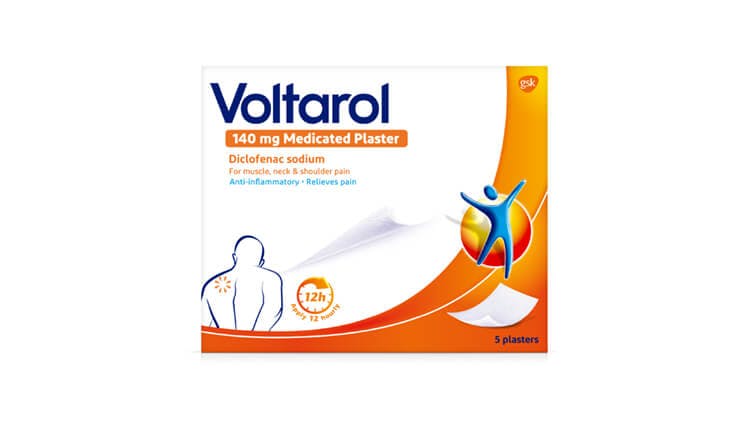Sprains and strains: Signs and symptoms
Recognising sprains and strains
Sprains and strains can be managed relatively simply, so it helps to know how to identify this common type of injury.1
Signs and symptoms
Both sprains and strains cause pain, inflammation and swelling.
- Symptoms of a sprain occur around the affected joint and can also include bruising, loss of function, and mechanical instability if severe2
- Symptoms of a strain affect the injured muscle and can include spasm, weakness and cramping2
Symptom severity depends on both the severity of the injury and the time since the injury took place – it can take up to 24 hours for bruising and swelling to become apparent.2
Understanding sprains and strains
Overview of joint pain
Find out more about joint pain and meet two patients with joint pain.
Learn more

Voltarol Back & Muscle Pain Relief 1.16% Gel Diclofenac Diethylammonium for strains and sprains
Scientifically proven to help relieve pain, reduce inflammation and restore movement.4-6

Voltarol 140mg Medicated Plaster Diclofenac Sodium for strains and sprains
Effective relief of muscle pain with a patch that targets pain and inflammation.7
